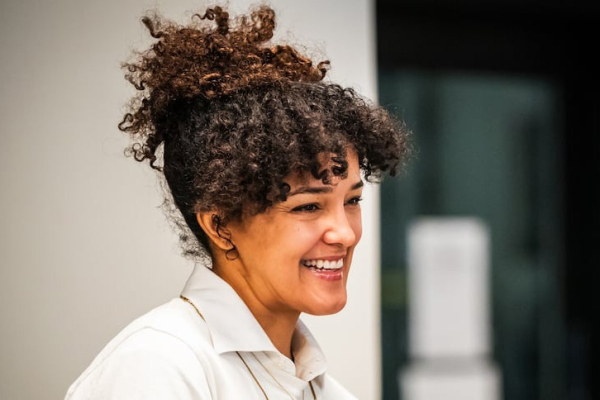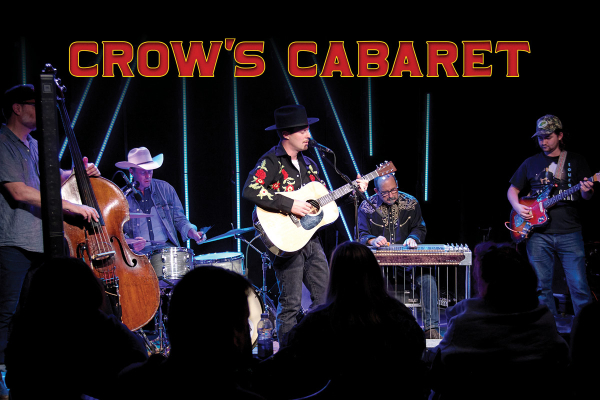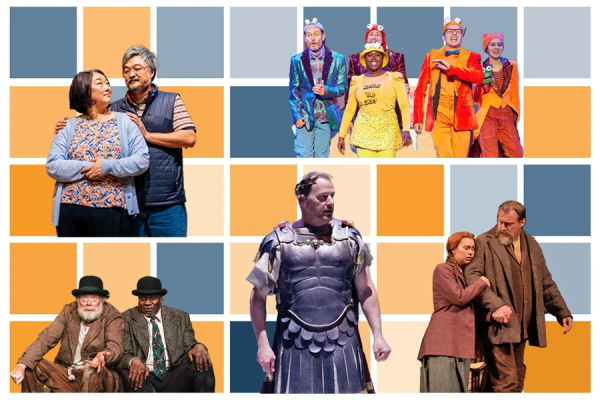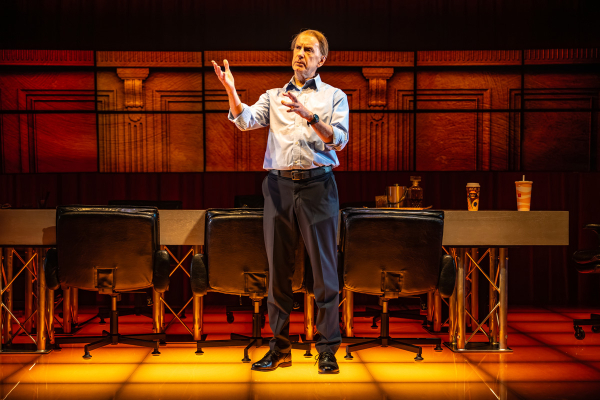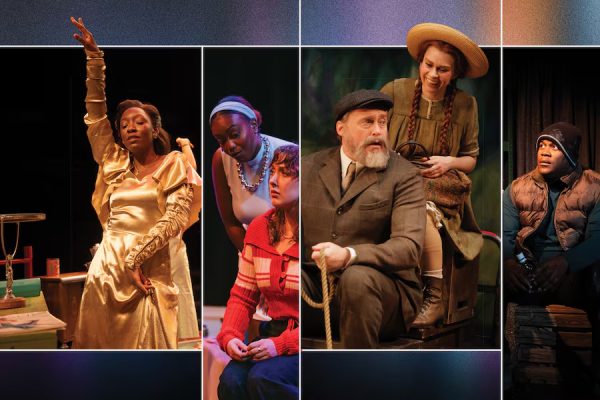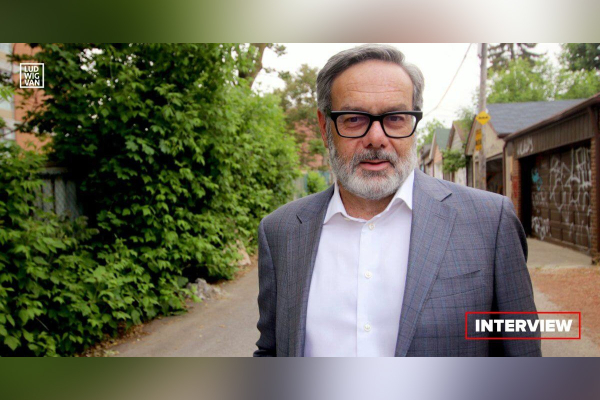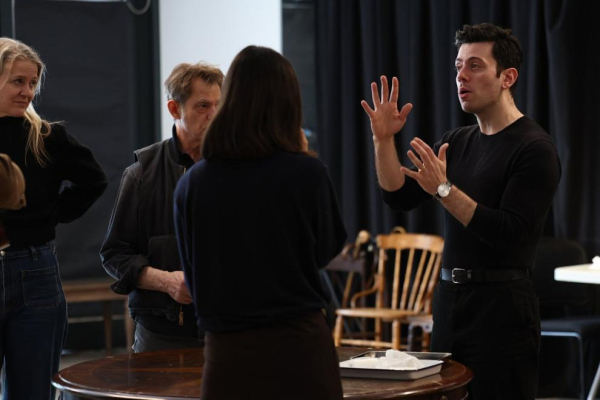
News & Promotions
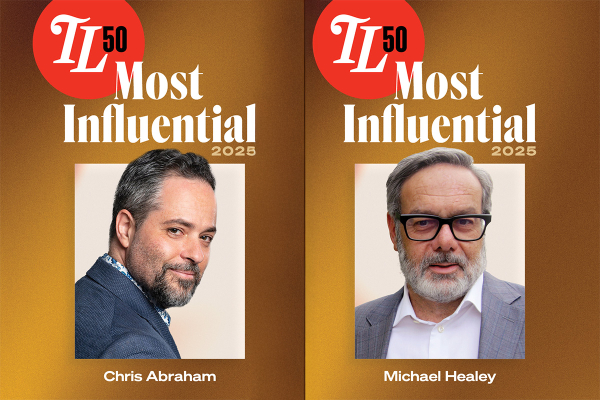
News
The Influentials 2025
November 13, 2025
Crow's Artistic Director Chris Abraham and playwright Michael Healey land at #24 on Toronto Life's 50 Most Influential Torontonians of 2025, their annual ranking of "the people whose courage, smarts and clout are changing the world as we know it."
Read More
